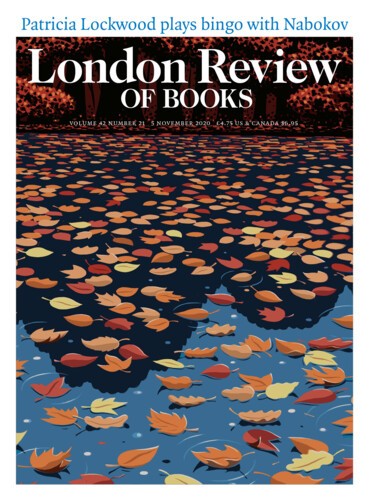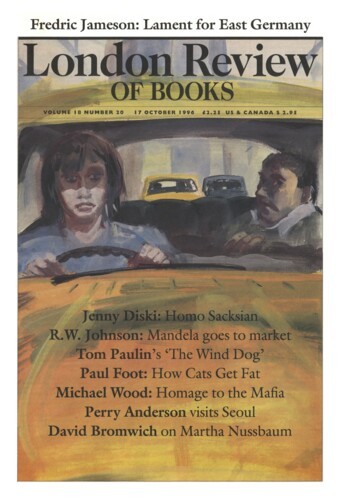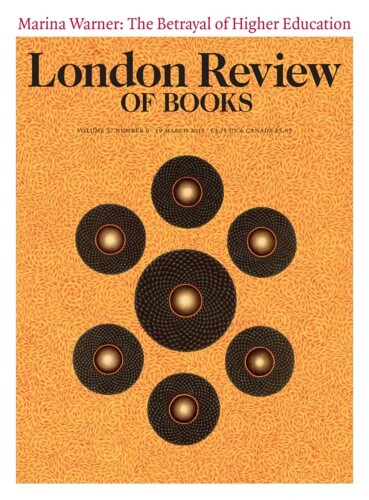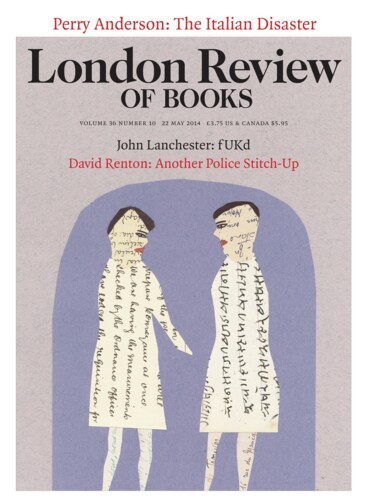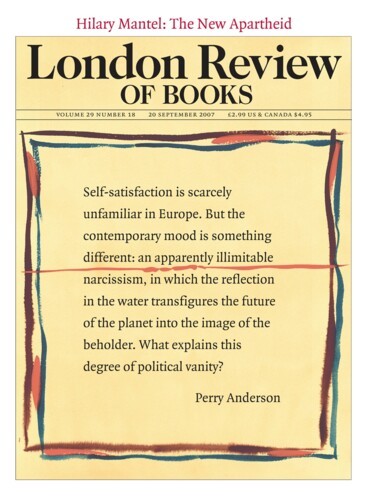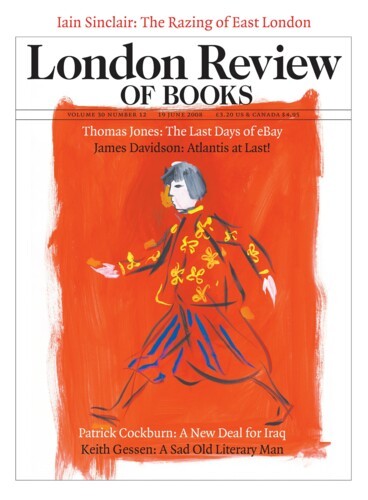Cronyism and Clientelism
Peter Geoghegan, 5 November 2020
Kleptocracies are bad places to live. People die poorer, younger. The trains do not run on time. In Britain, a culture of cronyism has contributed to one of the worst Covid-19 outbreaks in the world, from the failures of outsourced Test and Trace to the increasingly confused messaging provided by party political appointees.
